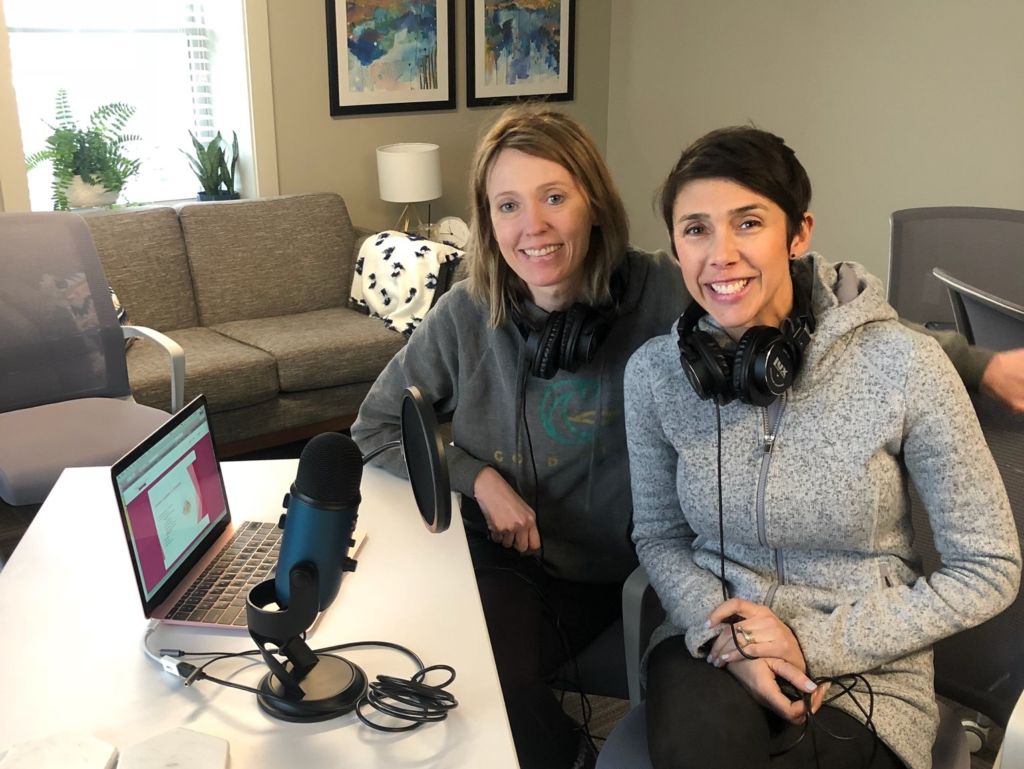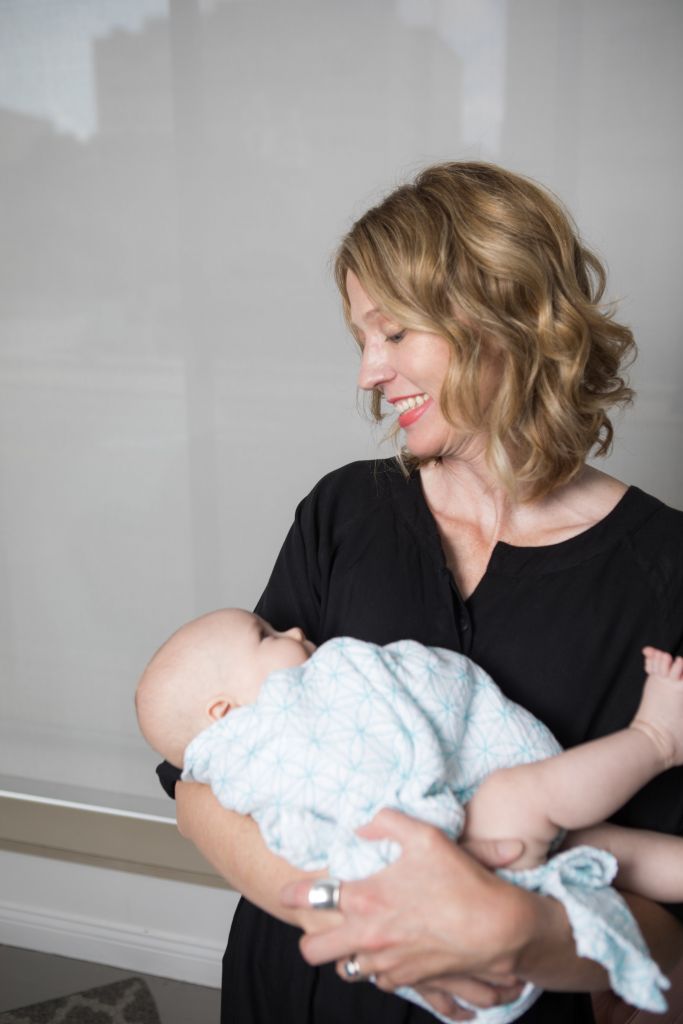Podcast Episode #71: Bedrest Support

What the heck is an antepartum doula? Well, it basically means bed rest support for mothers who are high risk. But a bed rest doula can also help families that aren’t necessarily on bed rest. Maybe a mom needs help running errands, finding community resources, preparing for baby showers, putting away gifts, nesting! Listen and […]
Your Trusted Birth Team

We all know that becoming a parent is difficult, but most first time parents don’t really have a full understanding of how hard it will be until they’re in the midst of it. They may encounter fertility struggles or miscarriages; they realize that planning during pregnancy takes a lot of work; they have to find […]
Podcast Episode #2: Having Kids Later in Life – Kristin’s Birth Journey

In this episode of Ask the Doulas, Kristin shares about her birth experiences and how she started the journey to become a birth doula. You can listen to this complete podcast on iTunes. Alyssa: Welcome to another episode of Ask the Doulas with Gold Coast Doulas. I am Alyssa, co-owner and postpartum doula, and […]
High-Risk Pregnancy Support

Being on bed rest can be challenging. I know this from personal experience, as I was on bed rest for several weeks with preeclampsia during my first pregnancy. I was lucky enough to live above the Electric Cheetah at the time. The staff delivered healthy meals to my door when my husband was at work. […]
